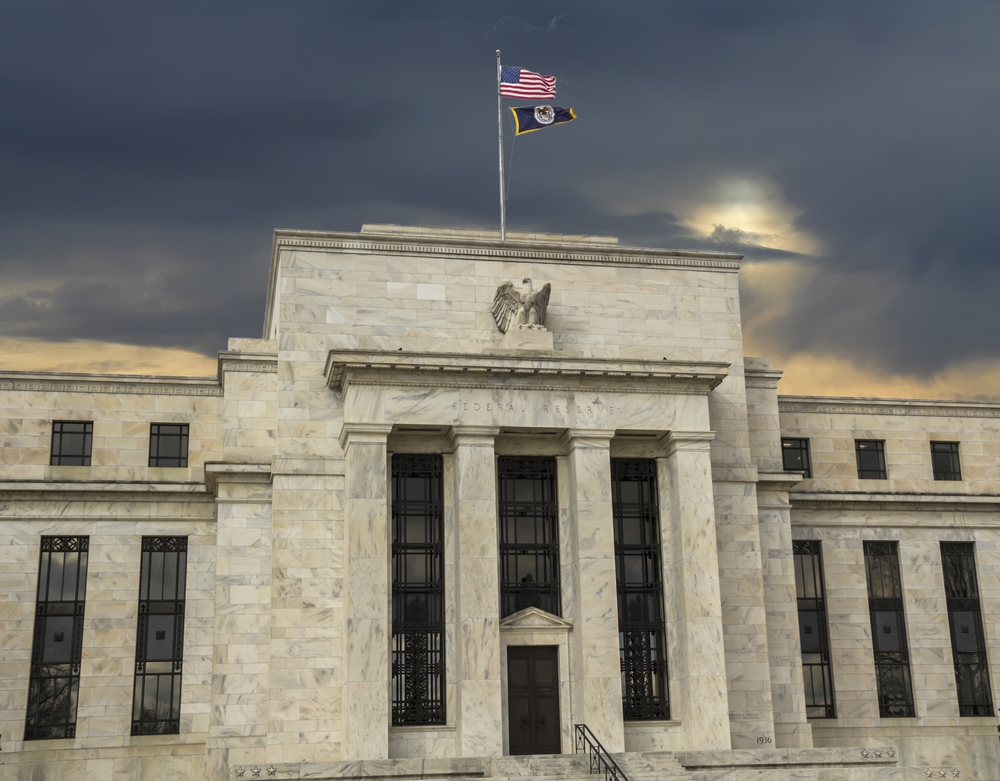Finance
Should the Fed Calm the Markets?

Should the Fed Calm the Markets? Yes and no.
Let’s start with No. Today’s Bloomberg has a piece of it Mohammed El-Erian with the following title and subtitle:
The Fed should resist calming the markets
The central bank must avoid making another policy mistake by implementing an emergency interest rate cut.
The Financial Times wrote a similar piece Barry Eichengreen:
The Federal Reserve will not let the markets dictate a rate cut
Stock movements are not a reliable signal of an impending economic downturn
I largely agree with both commenters. The Fed shouldn’t be trying to prevent big moves in the stock market, and yesterday’s 3% drop in the S&P500 wasn’t even a particularly big move. (Yes, it was significantly larger than average, but I’ve seen numerous moves that were much larger. As I write this, the S&P500 is up over 2%.)
So why do I say yes and no at the beginning of this post? I guess it depends on what exactly you mean by “satisfying the markets.” Imagine if there was an NGDP futures market. In that case, I would be strongly in favor of the Fed pursuing monetary policy that would favor the NGDP futures market.
Of course, we don’t have a NGDP futures market. But we do have many markets that indirectly provide information about market expectations for NGDP growth. Start with the fact that NGDP growth is the sum of inflation and real GDP growth. And then notice that we have (admittedly imperfect) market indicators of expected inflation. In addition, there are many market indicators that are substantially correlated with expected real and nominal growth. I remember yesterday a market commentator said that risk spreads in the bond market had widened. Risk spreads are certainly correlated with NGDP growth, as borrowers have more difficulty servicing their debt when NGDP growth slows sharply.
Suppose the Fed has developed a model to estimate market expectations of NGDP growth, using a weighted average of a variety of relevant market prices. It may make sense to try to stabilize that index, without trying to stabilize any individual component of that index. Would that be “calming the markets”? I think that’s a matter of terminology. The Fed would not have market stability as its primary goal; rather, they would seek to stabilize markets only to the extent that this would stabilize NGDP growth. Practically speaking, they might occasionally react to serious moves in the stock or bond markets, but not because they cared about the plight of investors.

